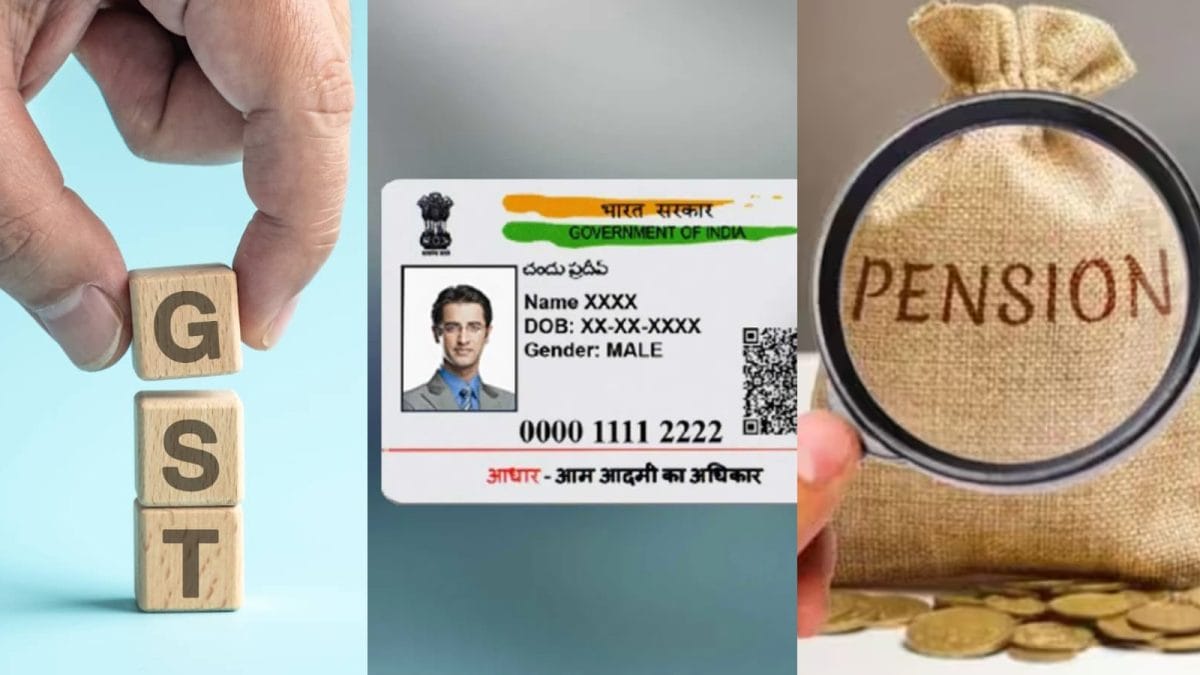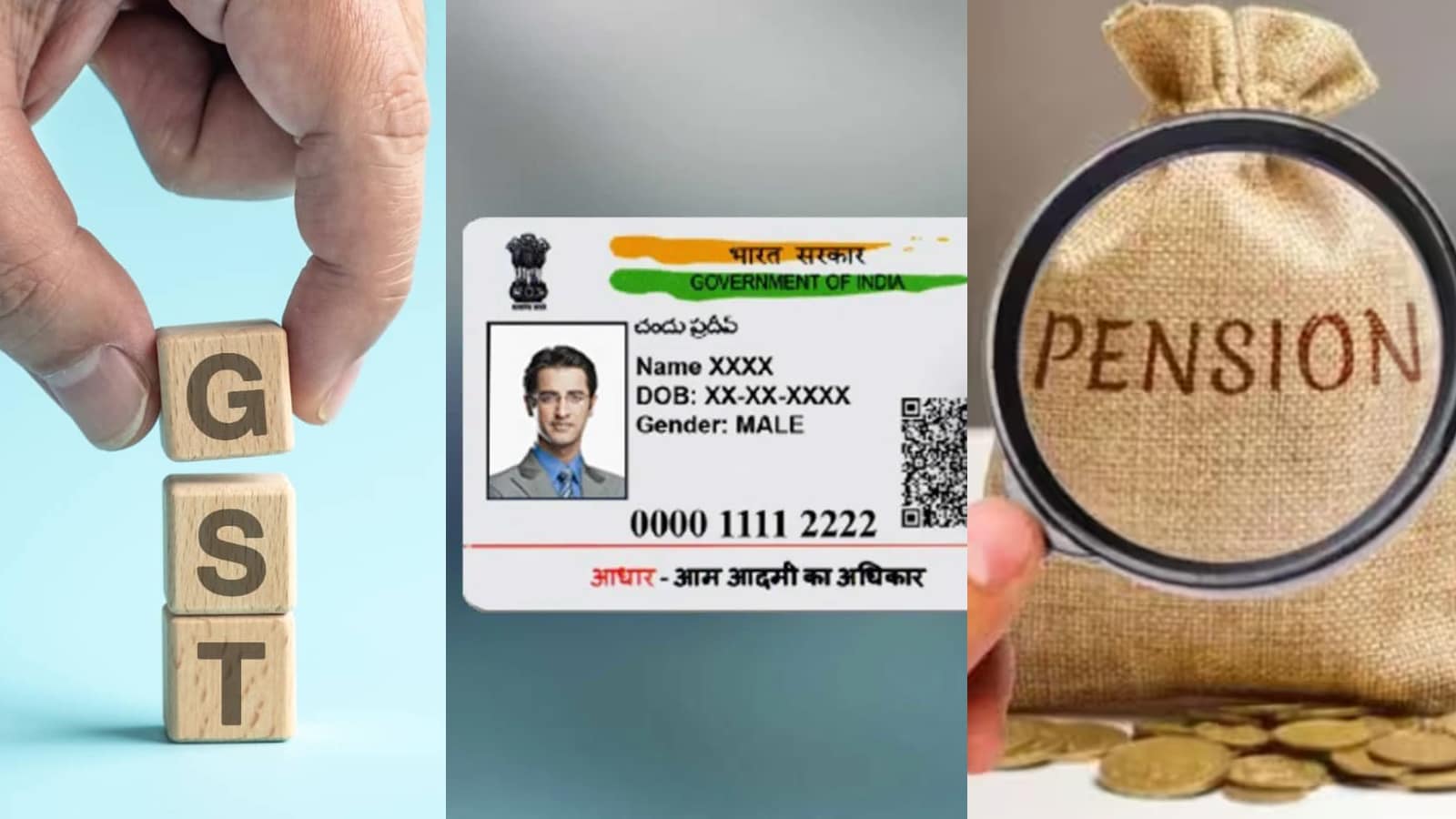
Starting November 1, 2025, several key financial and administrative changes will take effect across India, impacting banking, GST, Aadhaar, pensions, and more. These updates aim to simplify processes but may also introduce new charges if not followed in time. Here’s a simplified breakdown of what’s changing and how it affects you.
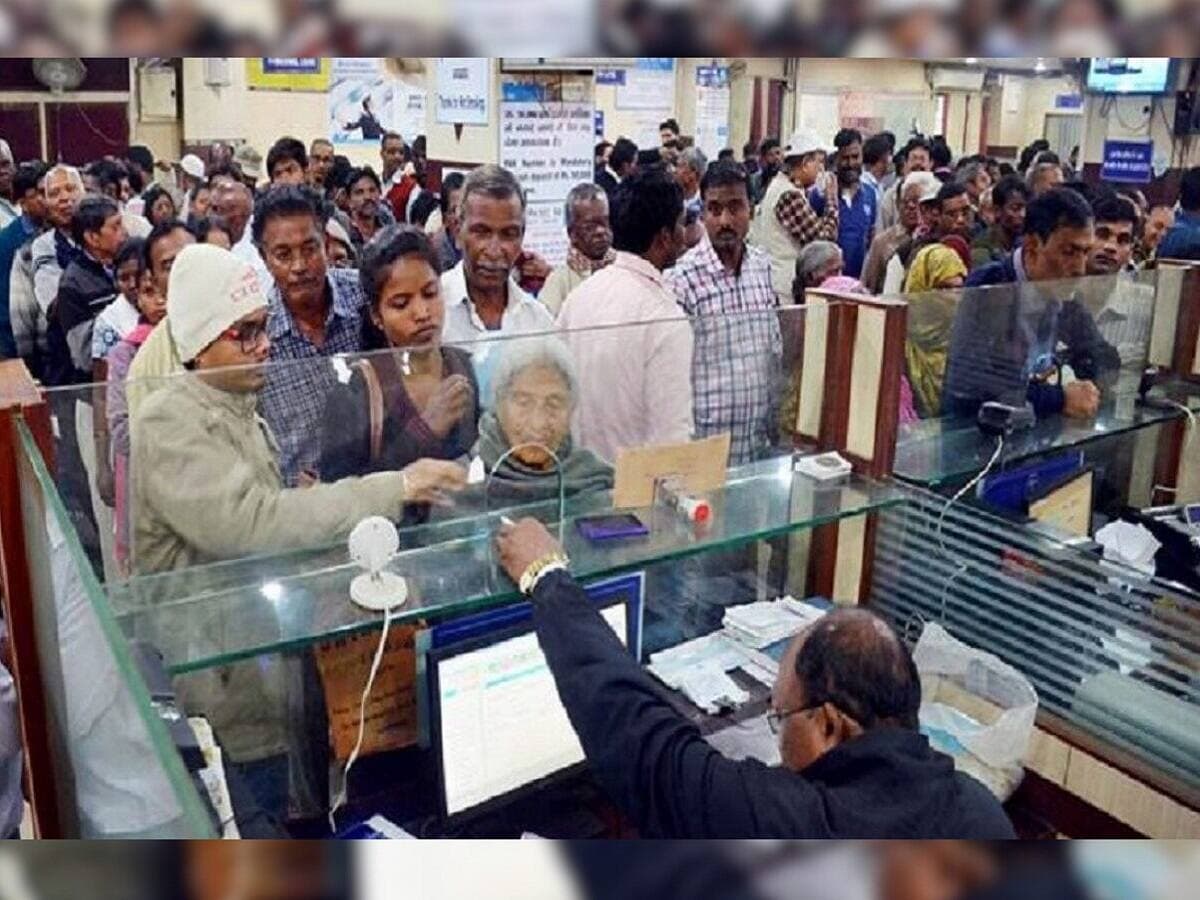
Banking – Multiple Nominees Allowed: Account holders can now add up to four nominees per account. You can assign specific percentage shares to each nominee.

A successive nominee feature ensures that if one nominee passes away, the next in line becomes active automatically. While not mandatory, banks must inform customers about this option. If a nominee dies, their share is automatically canceled.

GST – New Slab Structure: The GST system is being simplified. The 12% and 28% slabs are being removed. A two-slab system will replace the current four-tier structure. Luxury and sin goods will now attract a 40% tax rate.

SBI Card – New Charges on Education Payments: A 1% fee will apply to education-related payments made via third-party apps like MobiKwik or CRED using SBI Cards. Loading over ₹1,000 into digital wallets with an SBI Card will also incur a 1% charge.
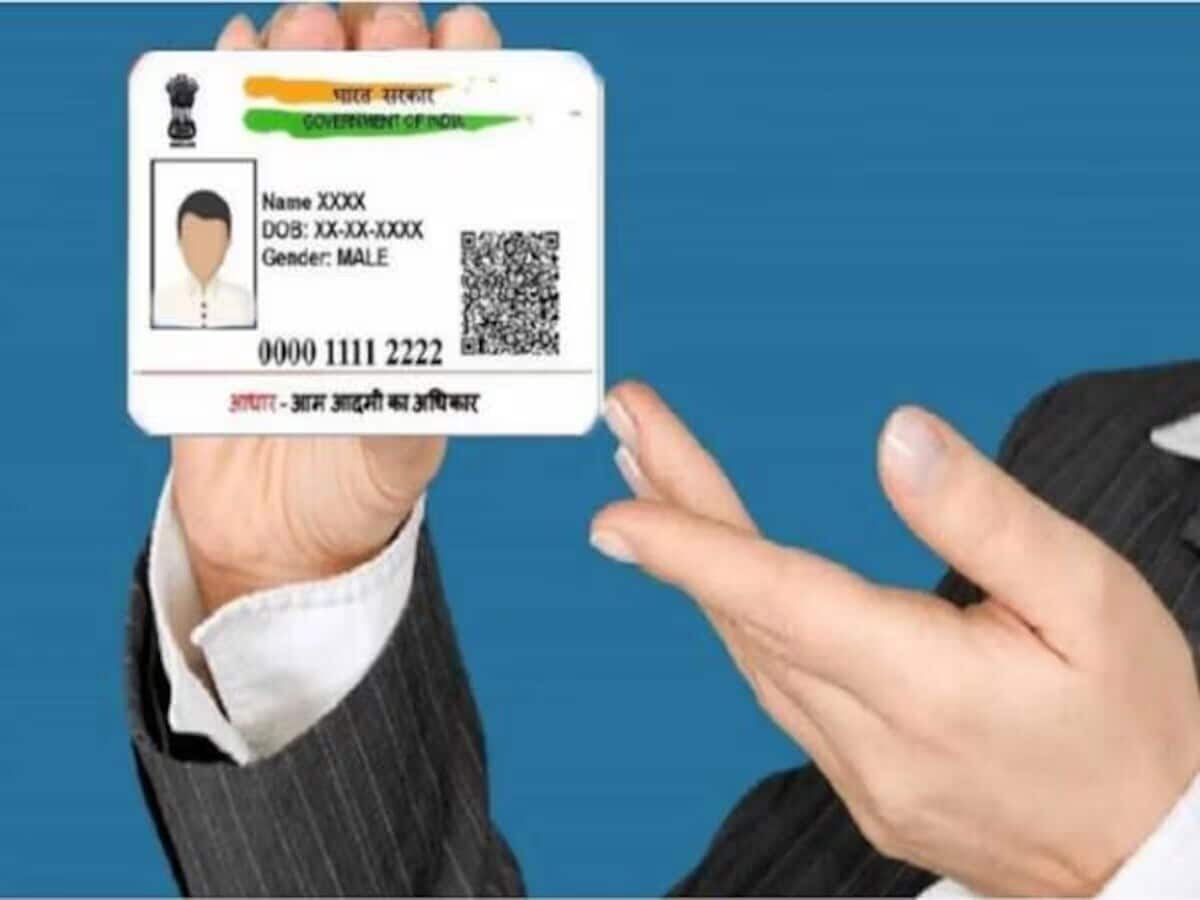
Aadhaar – Update Fee Changes: Children’s biometric updates are now free for one year (previously ₹125). For adults, demographic updates (name, address, mobile) will cost ₹75 while biometric updates remain at ₹125.

Updates can now be done online without uploading documents, making the process faster and easier.

Pension – Life Certificate Deadline: Central and state pensioners must submit their life certificates by November 30 to avoid payment disruptions.
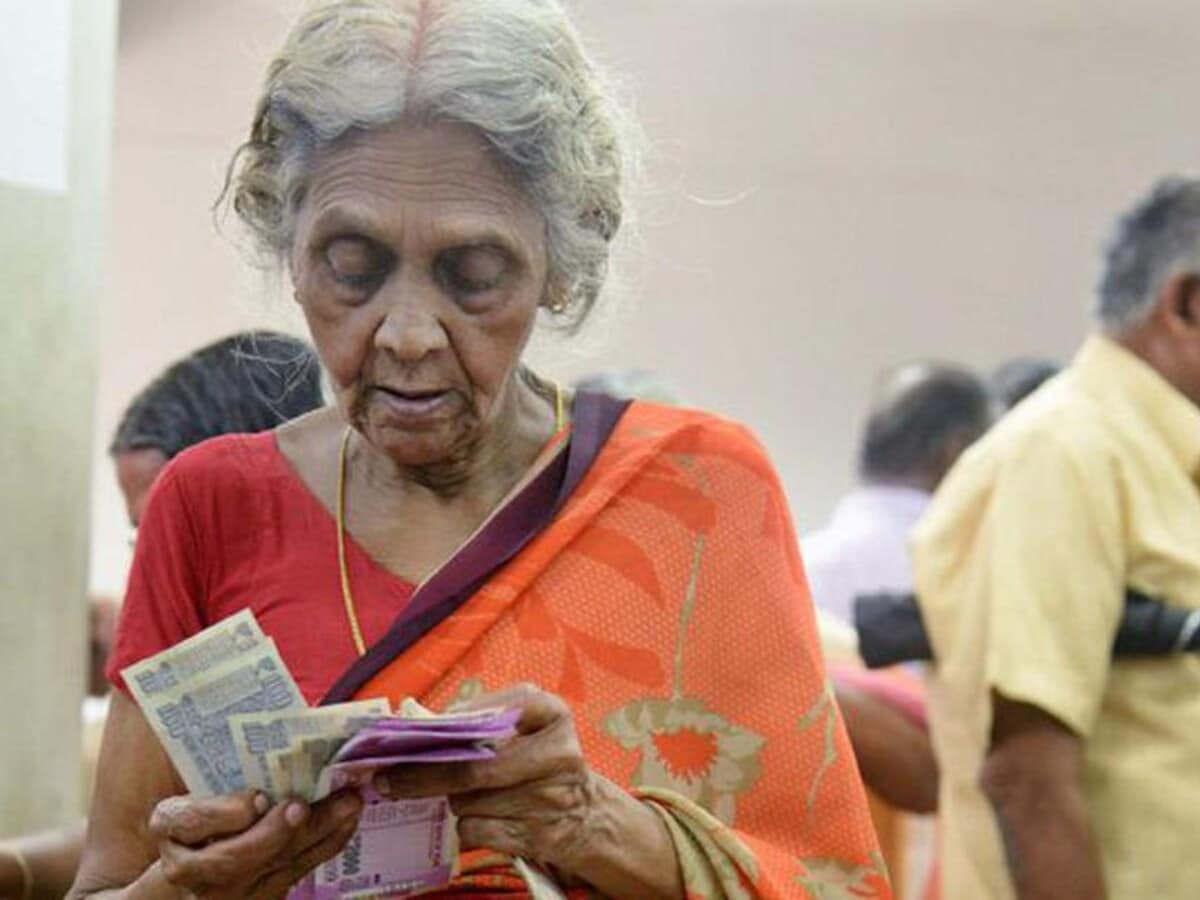
Those switching from NPS to UPS must complete the transition within this month.
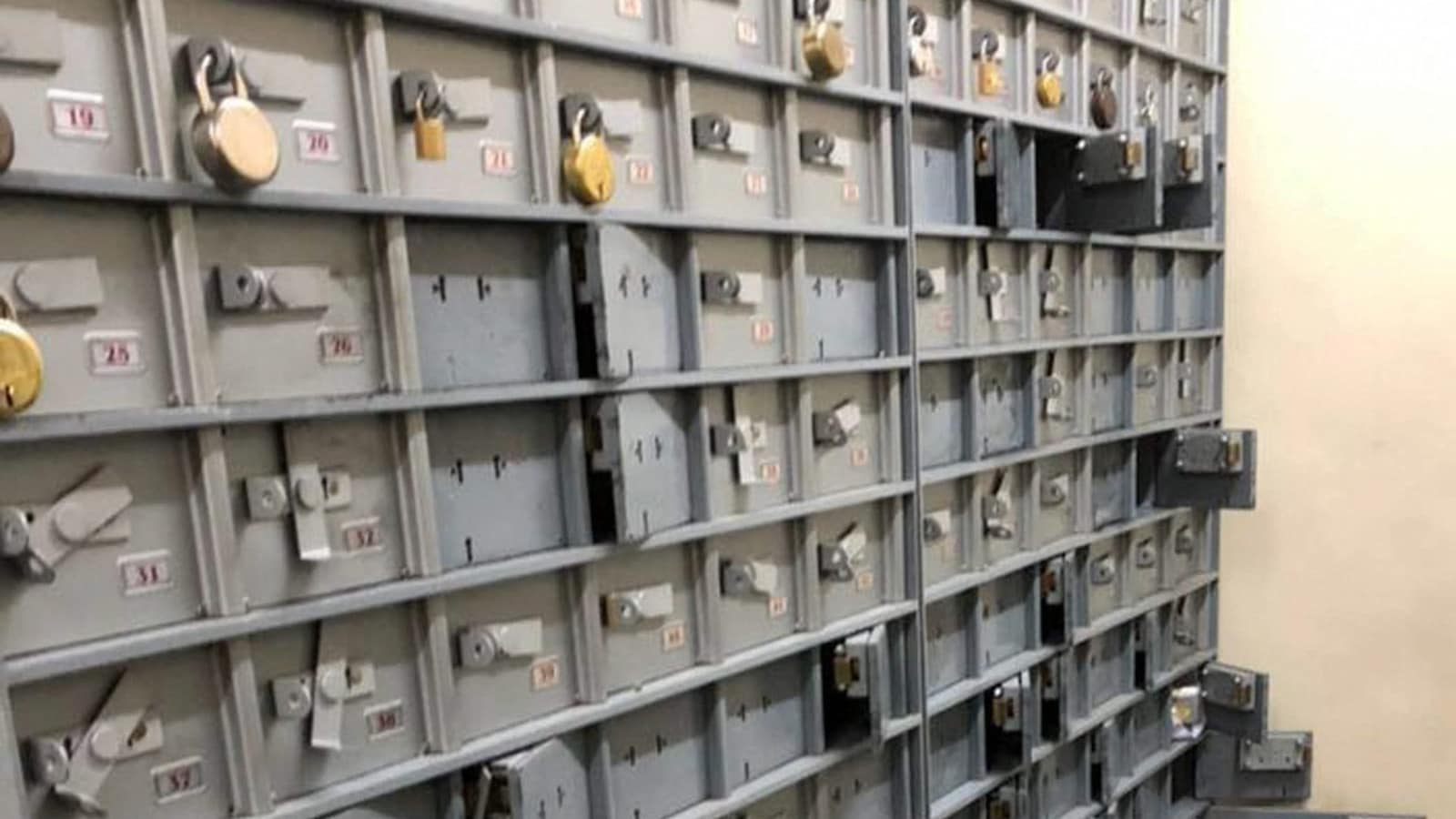
PNB Locker Charges Reduced: Punjab National Bank will revise its locker rental charges based on size and category. New rates will be published on the bank’s website in November and implemented 30 days after notification.


